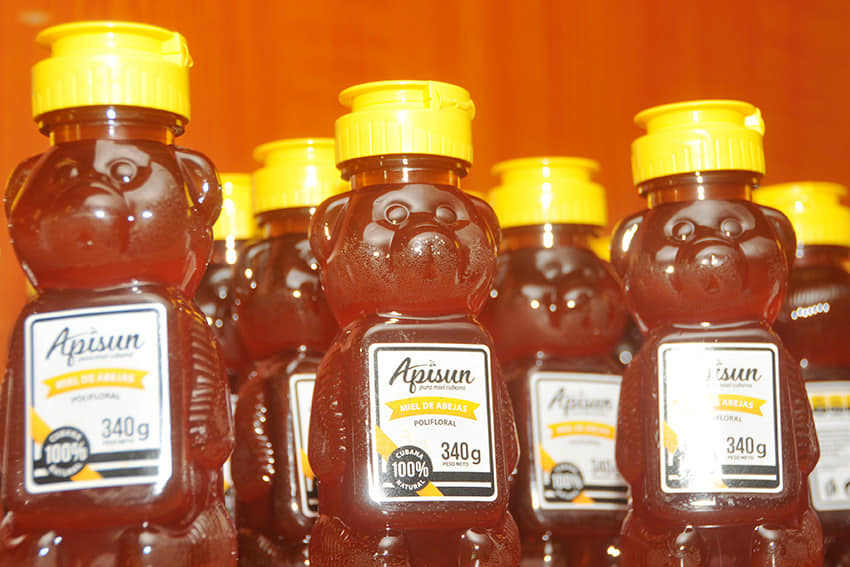
Despite not being one of the provinces with the greatest potential in Cuban beekeeping, Las Tunas collected 569.5 tons (t) of honey during 2021, an amount never before reached in these parts and even less in such convulsive situations as those prevailing in the past year.
Las Tunas, Cuba - Waldo Torres Stoll, director of the Apiculture base business unit, insists that the current results come from the joint efforts among producers, drivers, veterinarians, and other support workers.
The production record of the past calendar is all the more important because this is one of the areas with the least rainfall and one of the worst soils in the country. Besides, its floristic reserve is not sufficient for intensive and high-yield beekeeping development.
The manager points out that the U.S. government's blockade measures against Cuba have been intensified, which prevents the acquisition of inputs, parts, and pieces for transportation, and that the COVID-19 disease has left its mark among beekeepers.
Despite so many limitations, a strategy was designed to achieve an increase in production based on training, control, and an increase in the number of beehives, of which there are currently 11,102, another surprising figure since they had never surpassed 10,000.
"In the eight municipalities we have 147 very good producers, with 400 apiaries, and there are months like November that are exceptional. In that period, we had the best product for a month in the history of beekeeping in tunas, with 151 tons.
"The flowering of Indian creeper and purple bellflower was very good, which caused a productive explosion. But that great honeydew caught us prepared and we took the definitive leap."
In 2021, other brands also set records, such as wax, with 9.1 tons, and propolis, which exceeded 1,070 kilograms; while the number of queen bets amounted to 11,105.
"We also ventured into the production of 250 kilograms of pollen and a small amount of royal jelly, two lines that were not being developed and that allows the production of a group of medicines of proven efficacy. They could even be exported in the future; once local needs are met.
Bee honey is highly valued in the international market -approximately 2,300 dollars per ton-, so there is a projection until 2030 that contemplates 15,000 beehives and the collection of 750 tons of the product.
Exactly for this year, 526 tons are planned, a difficult but not impossible task, since new technologies, transportation, and other resources are gradually being introduced, in addition to the motivation of the beekeepers, who are paid 35 thousand CUP per ton.





